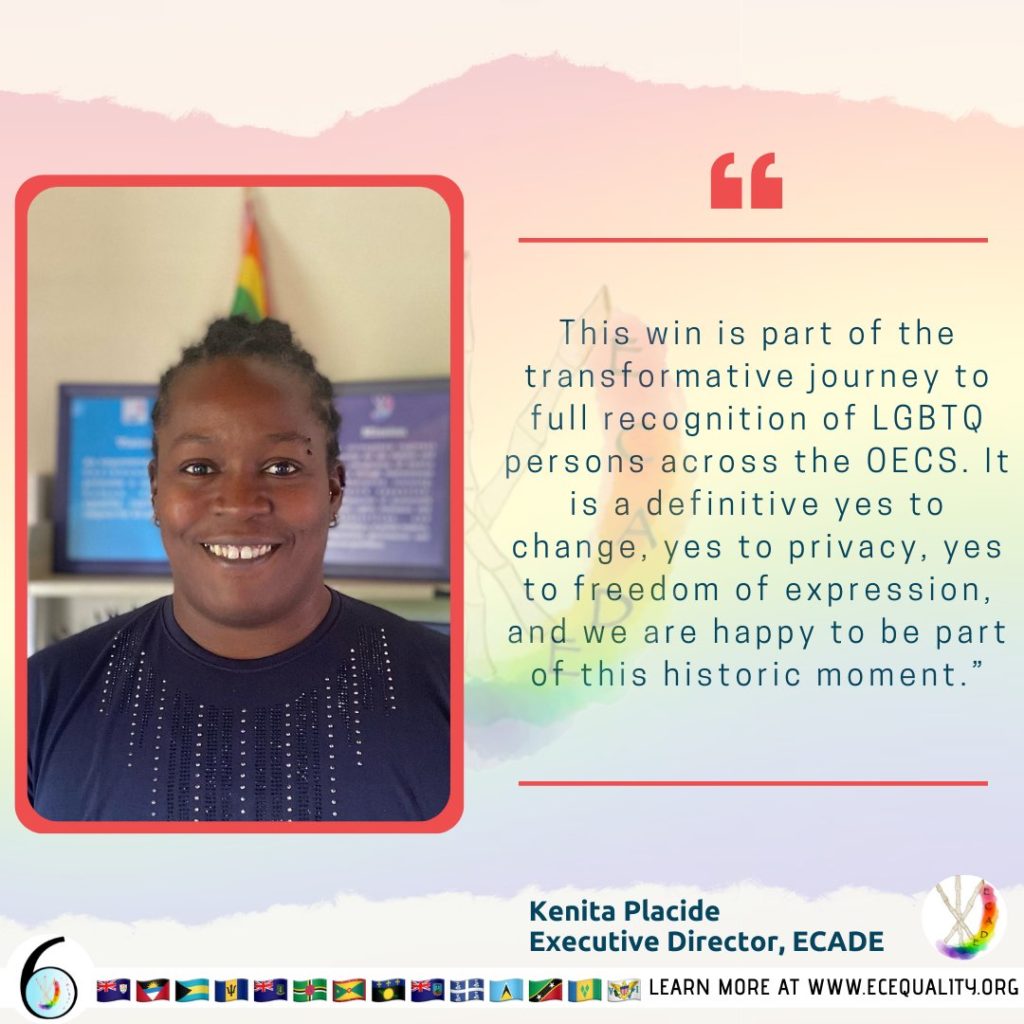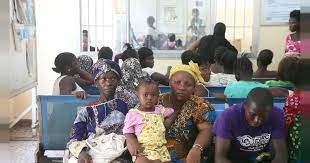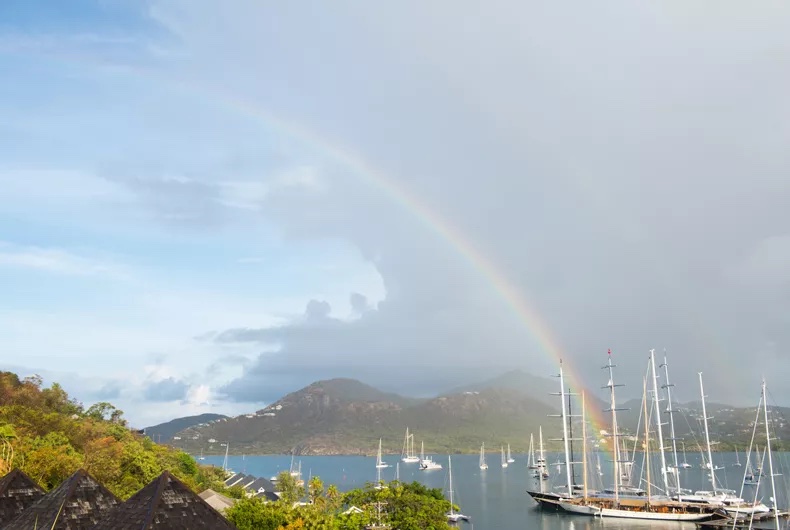
The news these days is daunting. This weekend, Italy followed Sweden’s example, earlier in September, and elected a “hard right” candidate as Prime Minister. The far right is “having a moment” in Europe and beyond. These are grim times, but they are not without hope. There is light, and it is real, serious, promising, joyful and momentous. Consider the news this past month, beginning with St. Kitts and Nevis.
The Eastern Caribbean Supreme Court was established in 1967. It has unlimited jurisdiction in six independent countries: Antigua and Barbuda, the Commonwealth of Dominica, Grenada, Saint Kitts and Nevis, Saint Lucia, Saint Vincent and the Grenadines. Additionally, it has unlimited jurisdiction over three British Overseas Territories: Anguilla, British Virgin Islands, Montserrat. This is a juridical, social, political, economic map designed and engraved by colonialism, a map that many thought was immutable. Well, the immutable is mutating.
St. Kitts and Nevis was one of the first of the Caribbean islands to be colonized by the British. The British started planting tobacco, but switched to sugar in 1630. Growing sugar proved to be labor intensive, and so, `naturally’, the British brought in enslaved peoples from the African continent. By 1776, St. Kitts was the richest British colony in the Caribbean. The British didn’t only bring tobacco, sugar and slaves to St. Kitts. They also brought a system of laws, at the center of which were laws `regulating’ and `normalizing’ intimate relations, laws that criminalized any and all forms of gay sexual activity, under the guise of protection of the person. Colonial and imperial protection has always stigmatized and criminalized all minority populations. Last month, the Eastern Caribbean Supreme Court decided that it’s time for the colonial rule to end.
In early July, in Antigua and Barbuda, the High Court struck down a colonial-era law banning same-sex acts between consulting adults. At the end of August, the Eastern Caribbean Supreme Court issued a similar judgement, this time concerning St. Kitts and Nevis. The Court heard a case brought by Jamal Jeffers, an openly gay man living in St. Kitts and Nevis, and the St. Kitts and Nevis Alliance for Equality, with the support of the Eastern Caribbean Alliance for Diversity and Equality. The St. Kitts and Nevis Alliance for Equality was founded by Tynetta McKoyis, who “identifies as a gender non-conforming queer woman.”
In his decision, High Court Judge Trevor M. Ward argued that the sections that criminalize “buggery” and any attempt thereof were violations of the Constitutional right to protection of personal privacy and the right to freedom of expression, and so were declared null and void, effective immediately. Constitutional protections subsume colonial `protections’. As Judge noted, “Due to our colonial legacy, the Offenses Against the Person Act was introduced as part of the laws of Saint Christopher and Nevis by Act 7 of 1873. Section 56 has retained its original form while section 57 was amended in 2012 to increase the maximum penalty for indecent assault from four years to ten years.” 1873 to 2022. It’s time, way past time, to conclude the “colonial legacy”.
In 2015, eastern Caribbean LGBTQI+ activists, many of whom had been deeply involved in HIV and AIDS organizing, met and formed the Eastern Caribbean Alliance for Diversity and Equality, ECADE, under the leadership of Kenita Placide. In 2020, ECADE launched a five-country challenge to anti-gay laws, all of which had been products of colonial legislation. Antigua and Barbuda was the first decision, St. Kitts and Nevis is the second. Barbados and St. Lucia cases should be decided before the end of this year. As Kenita Placide explains, “Our strategy has been multilayered; working with activists on the ground, our colleagues, friends, allies and family. This win is part of the transformative journey to full recognition of LGBTQ persons across the 11-nation Organisation of Eastern Caribbean States.”
This win is part of the transformative journey … across the Caribbean and beyond. The struggle and the journey continue.
(By Dan Moshenberg)
(Photo Credit: ECADE / Twitter)

